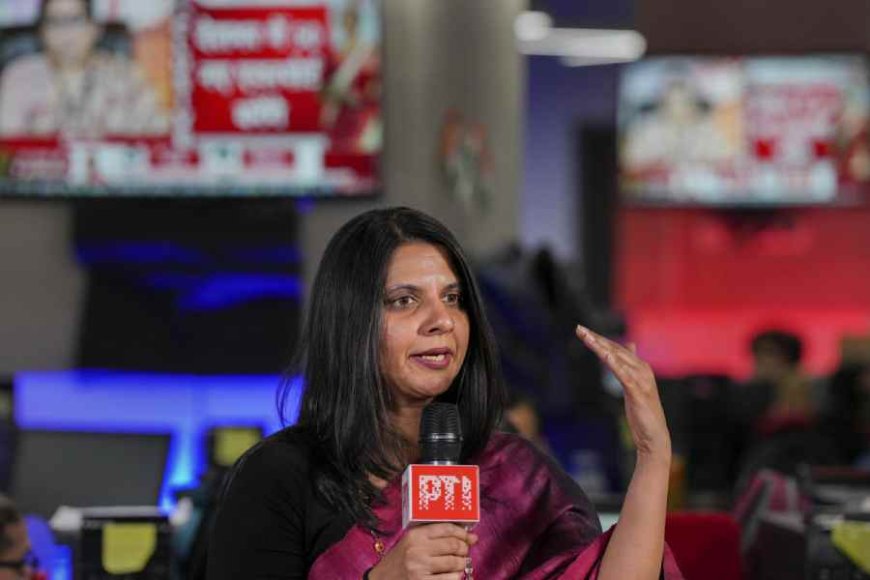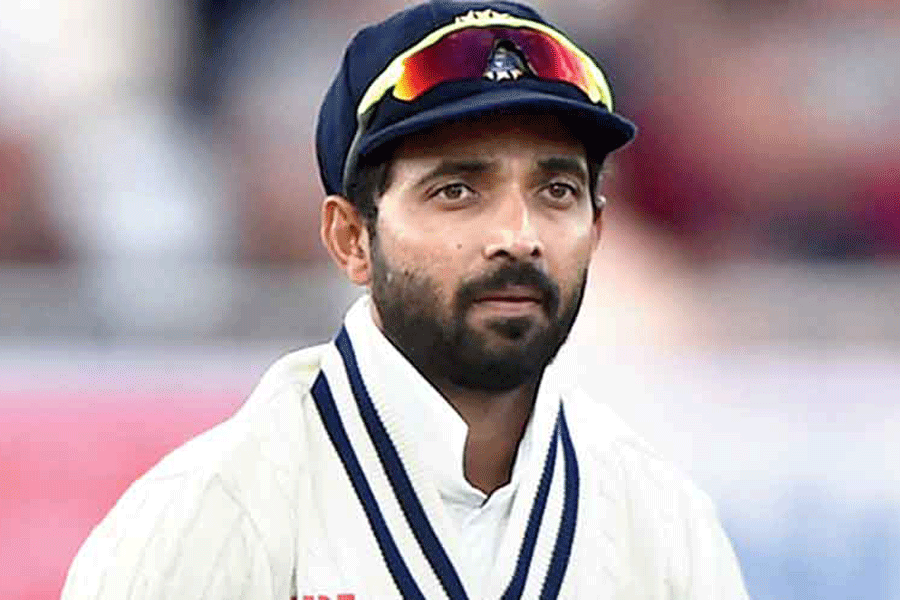Leadership Change at India's Centre for Policy Research Amid Government Scrutiny
President Yamini Aiyar Steps Down as Think Tank Faces Funding Challenges

The Centre for Policy Research (CPR), a prominent and troubled think institution in India, announced on Tuesday that Yamini Aiyar, its president and chief executive, will retire at the end of March.
Yamini, who has consistently criticized the Narendra Modi government's policies, recently wrote a harsh essay titled "Yamini Aiyar laments the damage done to Indian democracy under Narendra Modi" for The Economist. Though sources told The Telegraph that the decision to replace her as CPR's leader came before the release of her most recent piece, it's possible that the article had nothing to do with her decision to resign.
Some of the most well-known public intellectuals and research researchers have been affiliated with the 50-year-old think tank for decades; the Modi government revoked the think tank's Foreign Contribution Regulation Act (FCRA) license in January. The administration acted in response to claims that it had broken the law regarding foreign finance. As a result, the CPR's resources were drastically eroded, and it now only has about 20 people on staff.
The CPR released a statement in which it stated: "The Board conveys its gratitude for her outstanding and noteworthy contribution to CPR's legacy of actively engaged multidisciplinary scholarship as well as for the enthusiasm, dedication, and sense of purpose she brought to her position during her tenure. We send our warmest wishes for her future endeavors.
The Ministry of Jal Shakti Research Chair and senior fellow at the CPR, Dr. Srinivas Chokkakula, was named the new president and chief executive of the think tank as of April 1, according to the release. Since 2010, he has been associated with CPR.
"Fierce intellectual independence and democratic spirit have enriched her enormously," Aiyar wrote in a post on X about the CPR.
It is truly an honor to have led and battled for this extraordinary organization. I have greatly benefited from CPR's intense intellectual independence and democratic spirit. I'm thrilled that my amazing colleague Srinivas will now be handling @CPR_India leadership," the woman stated.
Aiyar wrote: "A dark shadow of creeping authoritarianism looms over India as it prepares for its 18th general election" in her opinion piece that was published in The Economist on March 23. Narendra Modi's Bharatiya Janata Party is expected to secure a third term in office, and polls indicate that the prime minister's popularity is at an all-time high.
However, his aggressively centralised government, which is supported by an exclusive Hindu-nationalist ideology and a cult of personality, is undermining India's democracy. The ramifications for the nation's political, economic, and social structure will be dire if left unchecked.
"The most striking evidence of this is the fact that the space for the media, academia, civil society, and political opposition to freely express their views is fast shrinking," the author continued. A true democracy necessitates the vigorous, in public debate of concepts and decisions.
"In its place, the government is systematically using laws governing foreign funding of non-governmental organizations, tax laws, sedition laws, anti-terror laws, and investigative agencies as weapons to criminalize dissent and target opposition politicians disproportionately."
Meenakshi Gopinath, a political scientist who taught at Jawaharlal Nehru University and served as the principal of Delhi's Lady Shri Ram College, serves as the chair of the CPR's governing body. Among the board members is Shyam Saran, the former foreign secretary. Former Indian Chief Justice Y.V. Chandrachud, whose son Justice D.Y. Chandrachud is the current Chief Justice of India, and former Prime Minister Manmohan Singh are among the former members of the board.
Formerly leading the CPR was scholar Pratap Bhanu Mehta, who was also critical of the Modi administration. Reputable national and international organizations, including government agencies, nonprofits, academic institutions, and civil society organizations, are among the CPR's partners and funders.
Among the funders are the World Resources Institute, Duke University, the University of Pennsylvania, and the Bill and Melinda Gates Foundation, according to authorities.
The university is well-known throughout the world for its superior academic and policy programs. Members of the Indian Army, journalists, top researchers, ex-diplomats, public workers, members of the Niti Aayog, and full-time and visiting scholars are all present at the CPR.
The Modi administration has tightened the guidelines for non-governmental organisations to acquire and utilise foreign funding over the last nine years. On the grounds that they had broken the law, it revoked the FCRA licenses of hundreds of non-governmental organizations.
Civil society organizations have accused the administration of attempting to suppress dissent as a result of the crackdown.
For any NGO or association to receive foreign funds, they must have an FCRA licence.
Except for the headline, this story has not been edited by Press Time staff and has been published from a syndicated feed.























































